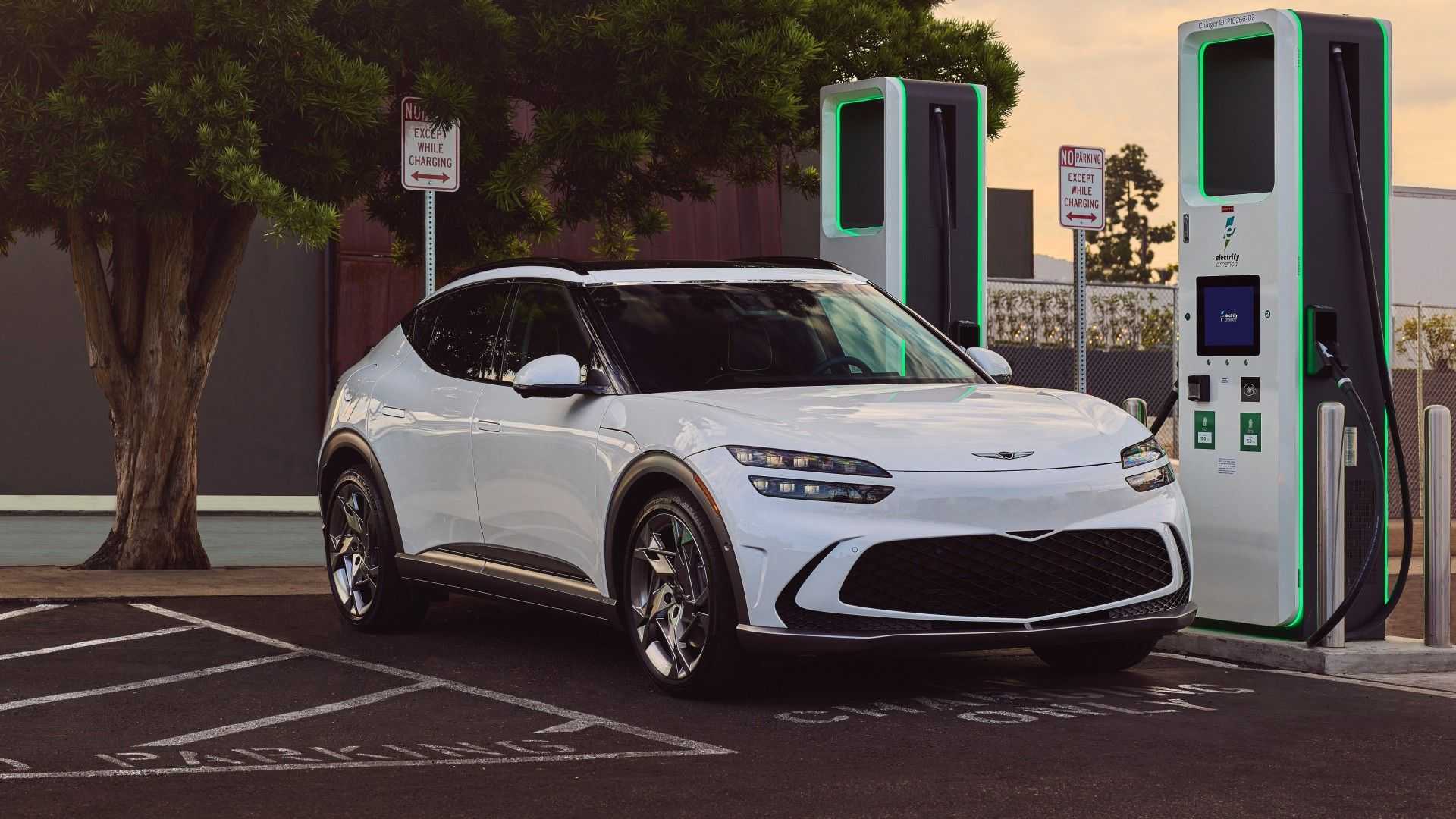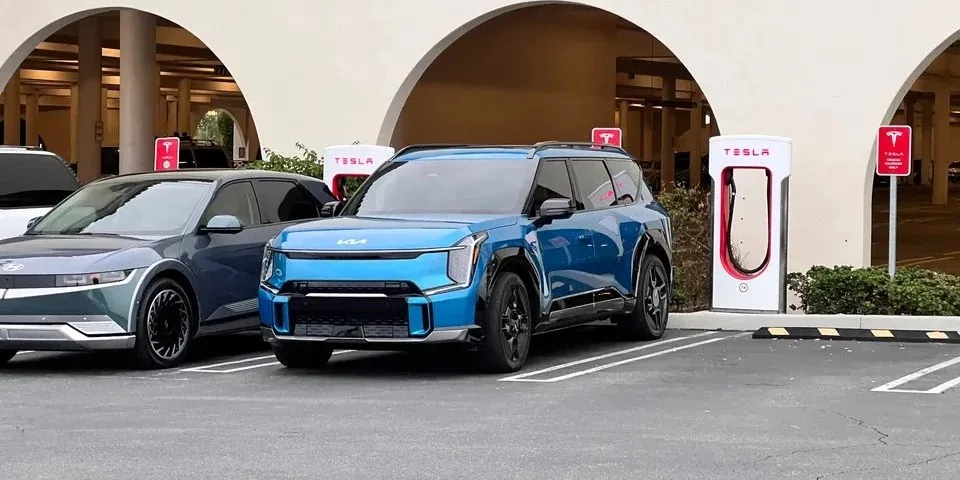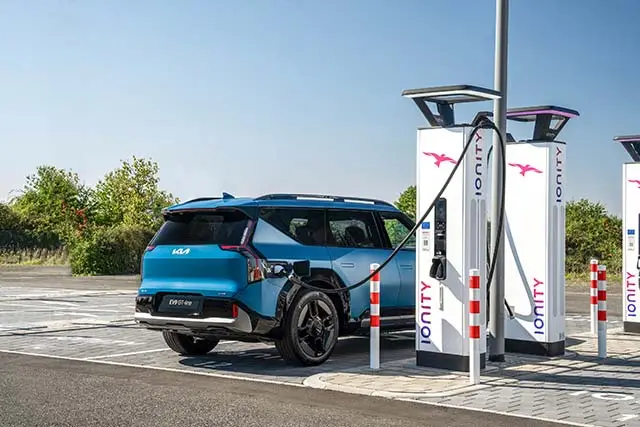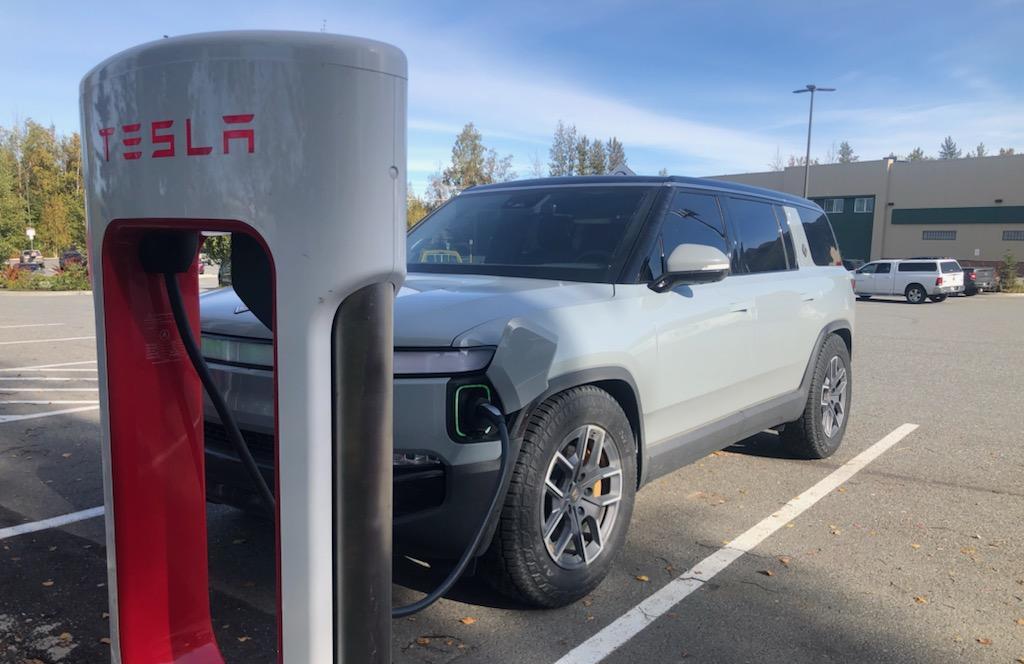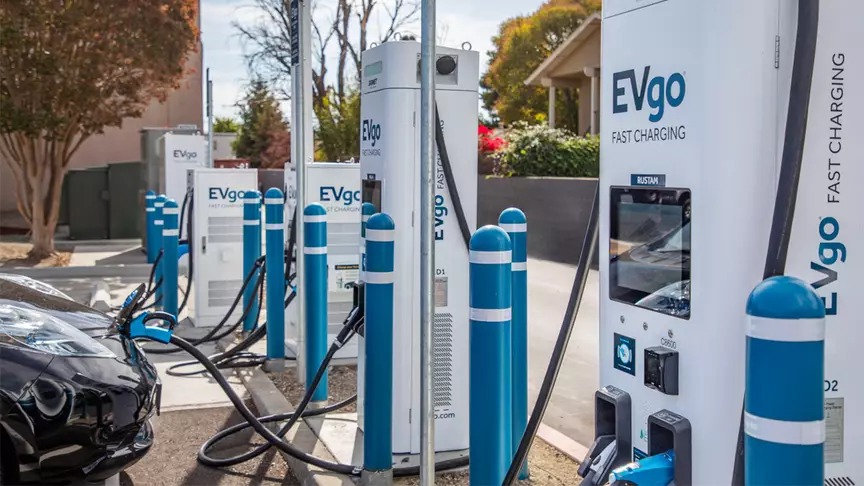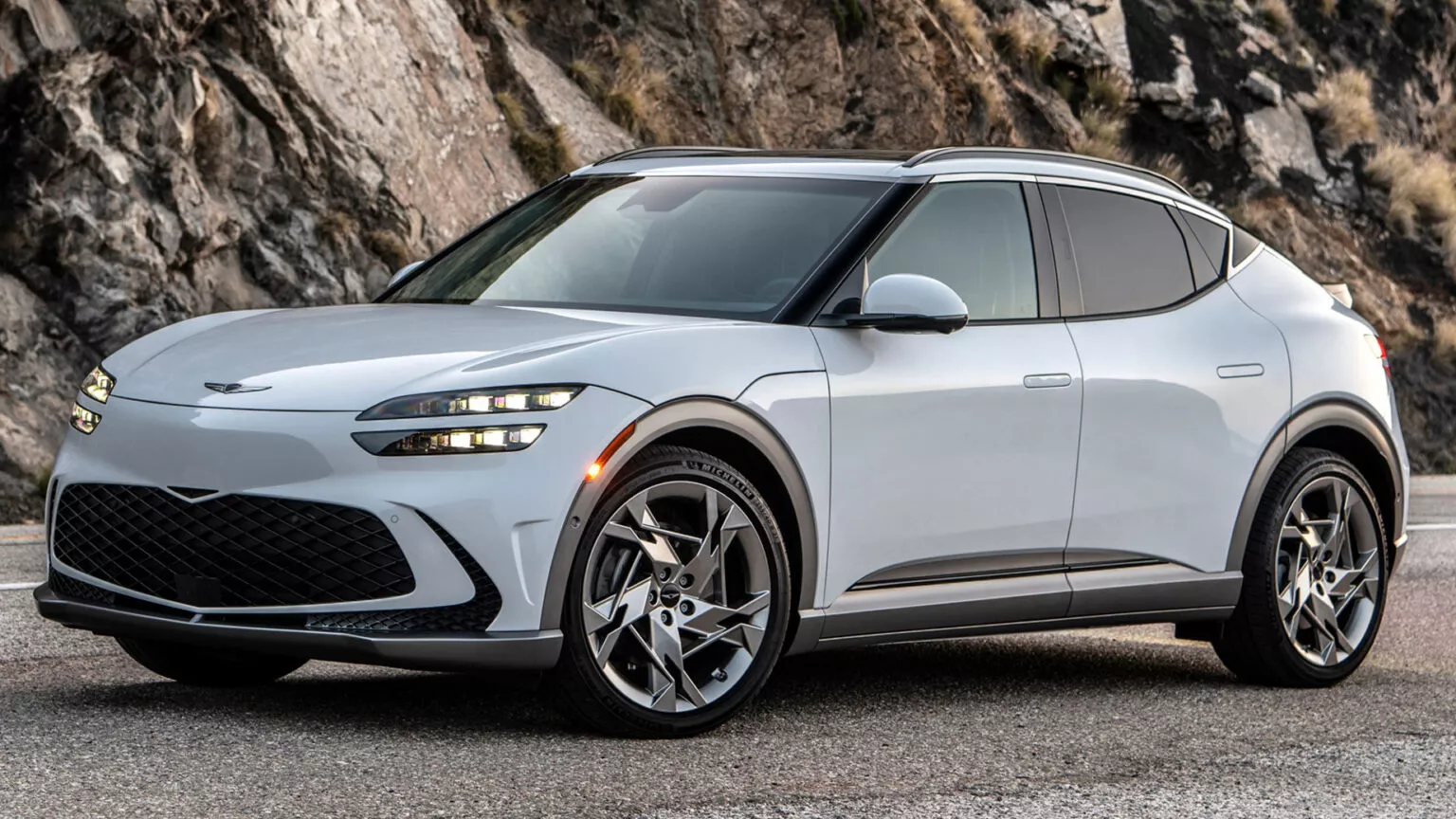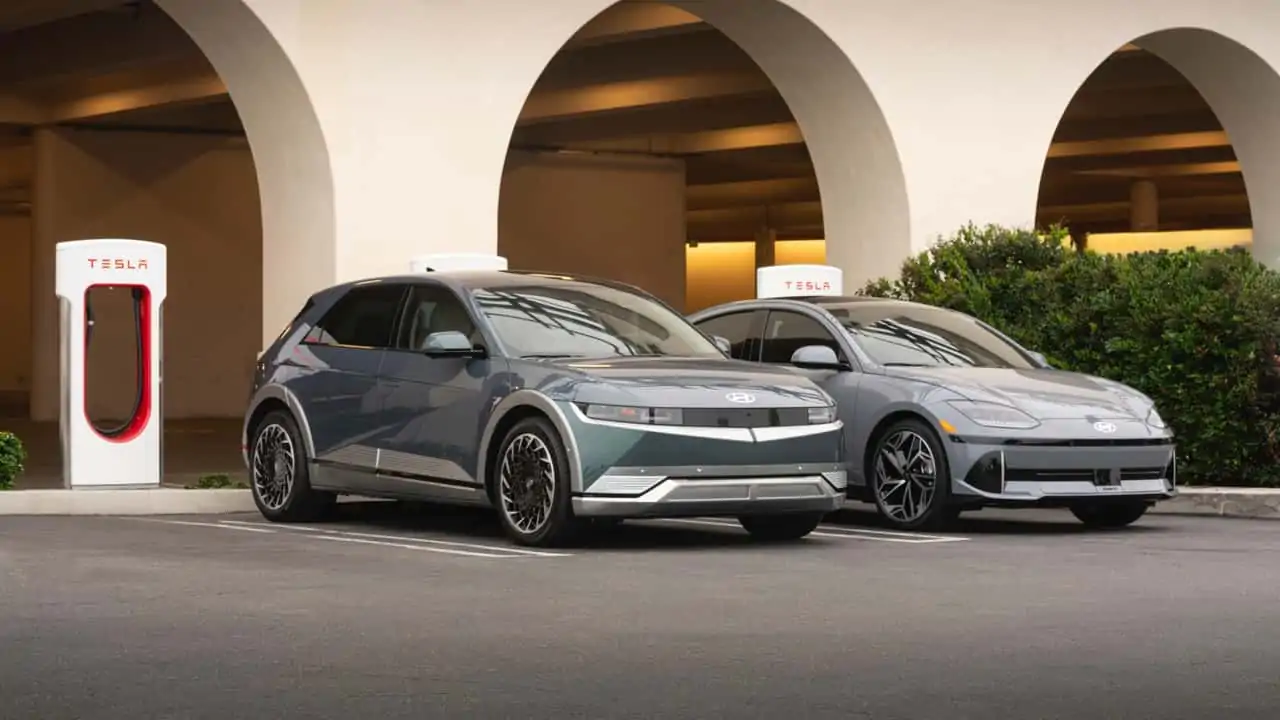Luxury car manufacturer Genesis appears to be bidding farewell to its ambitions of integrating inductive charging technology into its electric cars. Reports from the Korean portal Bloter indicate that Genesis has dismantled wireless EV chargers installed in Seoul, with plans for additional stations in parking garages also scrapped. The move has sparked discussions about the company’s rationale, citing cost considerations and technical challenges as primary factors.
The wireless EV chargers initially made their debut at Genesis sites in the districts of Gangnam and Suji, as well as the Hyundai Motor Studio Goyang, starting in February 2022. These locations were meant to serve as pilot sites, offering Genesis owners the convenience of wireless charging for their electric vehicles. However, the decision to remove them is raising questions about the viability of this technology.
While Genesis’ inductive charging system boasted a substantial 11 kW of charging power, significantly higher than the 7 kW typically found in AC charging points in South Korea, it has faced criticism for potentially reducing the range of the GV60 electric vehicle by 19 kilometers. This compromise between charging speed and range appears to have played a role in the company’s reconsideration of inductive charging.
Furthermore, reports suggest that issues related to the efficiency of the inductive charging technology and communication between the charger and the vehicle may have contributed to Genesis’ change of course. These technical challenges, if confirmed, underscore the complexities of deploying wireless charging solutions on a large scale.
Genesis has yet to officially confirm its withdrawal from the inductive charging business, leaving room for speculation about the company’s future plans. Bloter reports that Genesis intends to pivot towards developing “high-quality premium charging stations” as an alternative to inductive charging, emphasizing the company’s commitment to providing robust charging infrastructure for its electric vehicle owners.
Notably, Genesis had previously hinted at its interest in inductive charging technology, initially planning to offer a self-developed inductive charging system as an option for its first purely electric model, the eG80. Later reports suggested that the Genesis GV60 would be the pioneer in the E-GMP electric platform to feature an inductive charging function with hardware from WiTriCity. However, the recent dismantling of the charging infrastructure casts uncertainty on these prior intentions.
As the electric vehicle landscape continues to evolve, Genesis’ decision to step back from inductive charging serves as a reminder of the ongoing challenges faced by automakers in delivering efficient and reliable charging solutions. While the allure of wireless charging remains, it appears that the road to its widespread adoption may be fraught with technical and economic obstacles. Genesis’ next steps in the charging arena will undoubtedly be closely watched by industry observers and electric vehicle enthusiasts alike.

